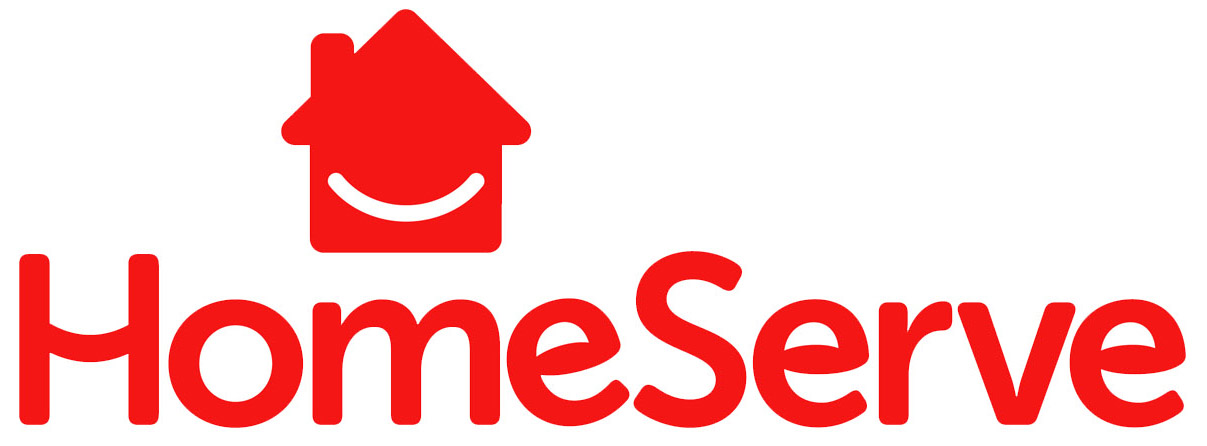 As I travel around the country working with cities on a variety of projects, I see a trend evolving around public-private partnerships that is quite different than my experiences as a public official. In 1985, when I entered public office, the idea of working with private enterprise to advance the mission of government was viewed quite skeptically, if at all. Companies that approached cities to perform services were often shown the door rather quickly. In some cases, department heads would not even bring these opportunities to upper management, sensing that if a private company could do a service that had traditionally been done by the city, it would somehow reflect on the abilities of the department head or their staff. Additionally, if the typical city of the 1980s needed additional revenue or expertise, they could simply add it in the next budget cycle in the form of a tax increase or a personnel adjustment and it would be added to what was known as ‘municipal government.
As I travel around the country working with cities on a variety of projects, I see a trend evolving around public-private partnerships that is quite different than my experiences as a public official. In 1985, when I entered public office, the idea of working with private enterprise to advance the mission of government was viewed quite skeptically, if at all. Companies that approached cities to perform services were often shown the door rather quickly. In some cases, department heads would not even bring these opportunities to upper management, sensing that if a private company could do a service that had traditionally been done by the city, it would somehow reflect on the abilities of the department head or their staff. Additionally, if the typical city of the 1980s needed additional revenue or expertise, they could simply add it in the next budget cycle in the form of a tax increase or a personnel adjustment and it would be added to what was known as ‘municipal government.
Times have changed. Adding revenue in the form of a tax increase is probably the last thing that modern cities are proposing and adding personnel is also difficult as most cities are becoming ‘lean and mean’ with little additional manpower in the offing. Technology is also making this ‘80s mentality a thing of the past. When I came into city government, technology consisted of some rudimentary computers and a fax machine with paper that had a waxy texture and rolled around on the table in tightly formed rolls!
My first experience with public-private partnerships was the transferring of municipal waste services to a private company with the city still doing billing and fielding the calls for service. Who would have thought that companies were willing to take on one of the dirtiest tasks in the city? But it worked and now it is commonplace for private companies to handle all municipal waste from household to landfill or processing plant. Legal and engineering services were another natural area for firms with specific expertise to take on tasks previously performed by city attorneys and engineers. These seemed like natural and logical extensions of city services and the process took place with little or no objections.
Fast forward to 2014 and we see a plethora of firms offering to take on city services or work with cities to offer services to citizens that were unheard of just 30 years ago. How do we distinguish the good from the bad and when do we make the decision to ‘untether’ a service from traditional city control? The key points when working with firms to offer these services seem to be logical:
- What is the background and expertise of the firm? When you are putting the name and reputation of the city behind any service or offering, the quality and expertise of the company are paramount. Do they have experience in doing these types of deals and are they recognized by oversight organizations like the Better Business Bureau or similar groups?
- Is the service or offering clear and transparent? When entering into public-private partnerships, is there a full disclosure to the governing body and the citizens? Citizen resistance to public-private partnerships is generally focused on the vague or confusing aspects of the services or offering. Open and transparent dealings generally receive the best results.
- Does the city and/or citizens get good value for the investment? If the city or citizen is not gaining value from the partnership, it makes little sense to outsource or partner with a private entity. Simply entering a partnership where the company is the only winner is shortsighted and misses the basic tenant of good government where the citizen comes first.
It is definitely a new day in government and public-private partnerships appear to be a common part of modern government. Finding the right partner who is offering the right service is the key to making this work. Citizens have embraced this new role of government and look to their leaders to make good judgments on their behalf. No longer is the expectation that government will provide the service, but that government is doing in-house what makes sense and, when needed, finding partners who can get the job done in a professional and ethical manner.
Jim Hunt is a former advisor with the National League of Cities Service Line Warranty Program. He is also the founder of Amazing Cities, an organization dedicated to excellence and leadership in government. Mr. Hunt writes, speaks and consults on issues that affect local government. He served for 27 years in public office and was President of the National League of Cities in 2006.
